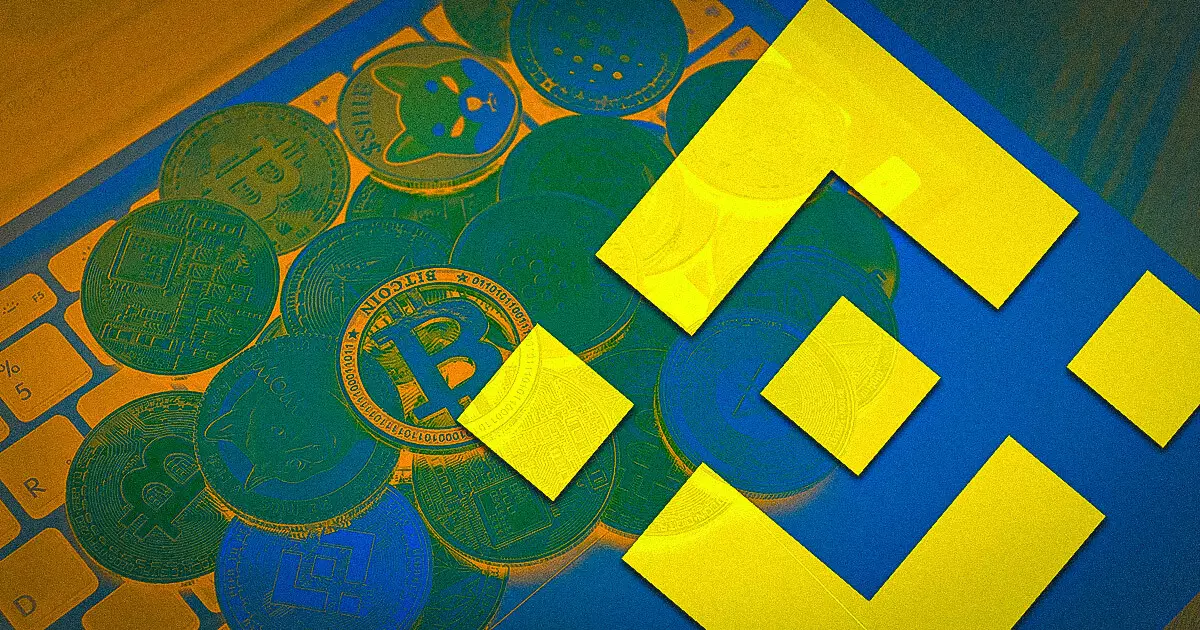Binance, one of the leading cryptocurrency exchanges, recently issued a statement regarding its resolution of investigations from the U.S. Department of Justice (DOJ) and other agencies. The company publicly admitted to past wrongdoing and expressed its satisfaction with the resolution. In its statement, Binance acknowledged that when it initially launched, it lacked adequate compliance controls for the rapidly growing company it became. The exchange further recognized that it made misguided decisions along the way. Today, Binance takes responsibility for this past chapter.
Binance announced its plea with gratification, emphasizing that the resolutions reached with U.S. agencies allow the company to turn the page on this chapter. Importantly, the U.S. agencies did not accuse Binance of misappropriating user funds or engaging in market manipulation. Binance highlighted its commitment to ensuring the safety of user assets, such as its 1:1 backing of user assets, maintaining the capability for 100% withdrawals at all times, and offering transparency regarding its own crypto addresses. Additionally, the exchange emphasized its recent efforts to restructure and improve its compliance protocols, including the appointment of its Global Head of Regional Markets as the new CEO.
In its investigation, the DOJ found that Binance violated financial laws, specifically the Bank Secrecy Act (BSA). The exchange failed to register as a money transmitting business and establish an effective anti-money laundering (AML) policy, despite being required to do so. Binance neglected to implement comprehensive know-your-customer (KYC) procedures, and it did not report suspicious activities to the Financial Crimes Enforcement Network (FinCEN). At times, the exchange allowed users to sign up with just an email address. However, Binance acknowledged these issues and has since expanded its AML tools and capabilities. Furthermore, it stated that it is now one of the first major exchanges outside of the U.S. to enforce mandatory KYC for all users.
The DOJ also found that Binance violated the International Emergency Economic Powers Act (IEEPA). The exchange failed to implement controls to prevent users from transacting with sanctioned individuals and in sanctioned areas. Additionally, Binance did not fully block U.S. customers in 2019, as required by the law. Instead, it prioritized retaining high-value VIP customers and provided ways for them to circumvent restrictions. However, Binance addressed these complaints in its statement, emphasizing its commitment to sanctions compliance. The exchange maintains a standalone sanctions team, enforces KYC and IP blocks, and utilizes third-party tools to monitor transactions in real time. Furthermore, Binance has dedicated teams of over 70 members to engage with law enforcement and share information.
Binance’s Plea and Future Compliance
Binance has pleaded guilty to the violations identified by the U.S. agencies and has agreed to pay fines exceeding $4 billion. The company has also committed to retaining an appointed monitor for three years to oversee its compliance efforts. This resolution signifies Binance’s dedication to addressing the oversight in the relevant areas without contesting the specific allegations. It acknowledges its previous shortcomings and commits to improving compliance moving forward.
Binance’s resolution with the U.S. agencies highlights the exchange’s willingness to take responsibility for past mistakes and its commitment to implementing comprehensive compliance measures. By acknowledging the violations, paying fines, and addressing the concerns raised, Binance aims to regain trust and establish itself as a compliant and trustworthy cryptocurrency exchange.

